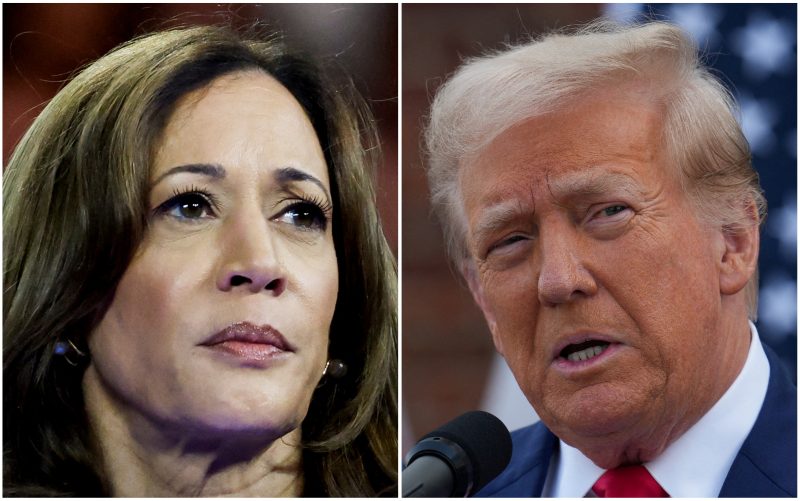 Donald Trump, the former president of the United States, and J.D Vance, a conservative author and venture capitalist, have made several statements about tariffs, especially regarding their effects on the U.S economy. One common claim they’ve made is that tariffs have boosted the U.S manufacturing industry and protected American jobs. However, many economists argue that this is false and misleading.
Donald Trump, the former president of the United States, and J.D Vance, a conservative author and venture capitalist, have made several statements about tariffs, especially regarding their effects on the U.S economy. One common claim they’ve made is that tariffs have boosted the U.S manufacturing industry and protected American jobs. However, many economists argue that this is false and misleading.
First, Trump and Vance often claimed that foreign countries, particularly China, were paying the tariffs imposed by the Trump administration. However, it’s important to note that tariffs are typically paid by domestic companies that import goods, not foreign exporters. Therefore, the cost of these tariffs often falls on American businesses and consumers in the form of higher prices.
Second, while tariffs can protect certain industries in the short term, they can also harm other sectors of the economy. For instance, the tariffs imposed on steel and aluminum may have given a boost to those industries, but they also increased costs for U.S companies that use steel and aluminum to make their products, reducing their competitiveness both at home and abroad.
Lastly, Trump and Vance’s rhetoric on tariffs tends to omit the retaliatory tariffs that other countries have imposed in response to the U.S.’s actions. These tariffs have hurt various sectors of the U.S economy, especially agriculture.
In conclusion, while claims about the benefits of tariffs may seem compelling, they often leave out key consequences and costs, leading to a false and misleading picture of their overall economic impact.





